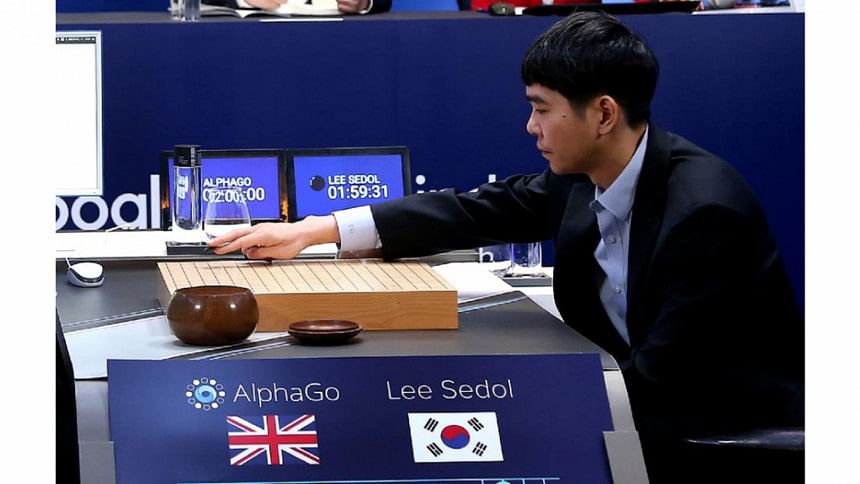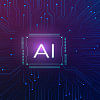Rise of the Machines: Keep an eye on AI, experts warn

A Google computer's stunning 3-0 victory in a Man-vs-Machine face-off over the ultimate board game highlights the need to keep Artificial Intelligence under human control, experts said Saturday.
The partly self-taught AlphaGo programme's defeat of Go grandmaster Lee Se-Dol showed AI was progressing faster than widely thought, they said -- a highly symbolic moment in humanity's quest to create smart machines.
And while AI plays a key role in building a better, safer world, some fear the fast pace of development could finally leave humans outwitted by our own inventions.
AlphaGo's triumph "shows that the methods we do have are even more powerful than we first thought," said AI expert Stuart Russell of the University of California's Berkeley Electrical Engineering & Computer Sciences department.
"The fact that AI methods are progressing much faster than expected makes the question of the long-term outcome more urgent," he told AFP by email.
"It will be necessary to develop an entirely new discipline of research in order to ensure that increasingly powerful AI systems remain completely under human control... there is a lot of work to do."
Until just five months ago, computer mastery of the 3,000-year-old game of Go, said to be the most complex ever invented, was thought to be at least a decade off.
But then AlphaGo beat European Go champ Fan Hui, and its creators decided to test the programme's real strength against Lee, one of the game's all-time
ADVANCE FOR SCIENCE
Game-playing is a crucial measure of AI progress -- it shows that a machine can execute a certain "intellectual" task better than humans.
A key test was when IBM's Deep Blue defeated chess grandmaster Garry Kasparov in 1997.
The game of Go is more complex than chess, and has more possible board configurations than there are atoms in the Universe.
Part of the reason for AlphaGo's success is that it is partly self taught -- having played millions of games against itself after initial programming to figure out the game and hone its tactics through trial and error.
"It is not the beginning of the end of humanity. At least if we decide we want to aim for safe and beneficial AI, rather than just highly capable AI," Oxford University future technology specialist Anders Sandberg said of Lee's drubbing.
"But there is still a lot of research that needs to be done to get things right enough that we can trust (and take pride in!) our AIs."
AI offers the promise of a highly-efficient world in which robots take care of our sick, fly and drive us around safely, stock our fridges, plan our holidays, and do hazardous jobs humans should not or will not do.
In many ways it is already doing so.
But for some, unchecked AI development evokes apocalyptic images in which hostile machines enslave humanity.
Physicist Stephen Hawking, among the leading voices of caution, warning last year that smart computers may out-smart and out-manipulate humans, one day "potentially subduing us with weapons we cannot even understand."
AI specialist Jean-Gabriel Ganascia of the Pierre and Marie Curie University in Paris, welcomed the match outcome as a major advance for scientific knowledge.
"I don't see why we would speak about fears. On the contrary, this raises hopes in many domains such as health and space exploration," he said.
AlphaGo co-developer Demis Hassabis has mooted the use of AlphaGo-type algorithms in tackling real-world problems -- from predicting change impacts to complex disease analysis.
"In the end, the game is highly symbolic," said Sandberg, adding that as in computer mastery of chess, "the dramatic symbol quickly becomes commonplace".
"The AI that changes the world is not even recognized as AI, just automation -- the algorithms routing Internet traffic, shipment logistics, processing images and text, stock market trading and so on," he said.
"The symbolic events are like peaks of waves, but it is the underlying flood we should be watching."

 For all latest news, follow The Daily Star's Google News channel.
For all latest news, follow The Daily Star's Google News channel. 








Comments